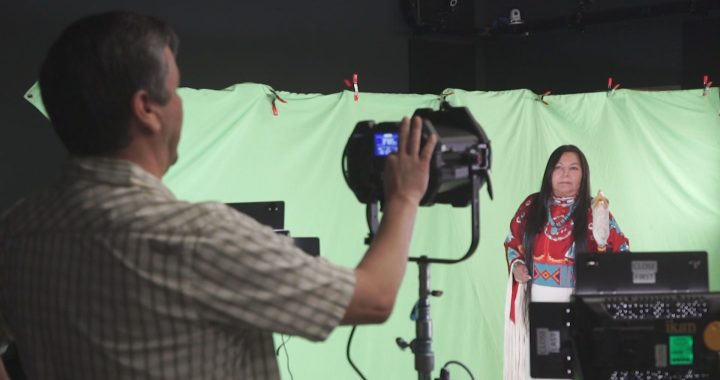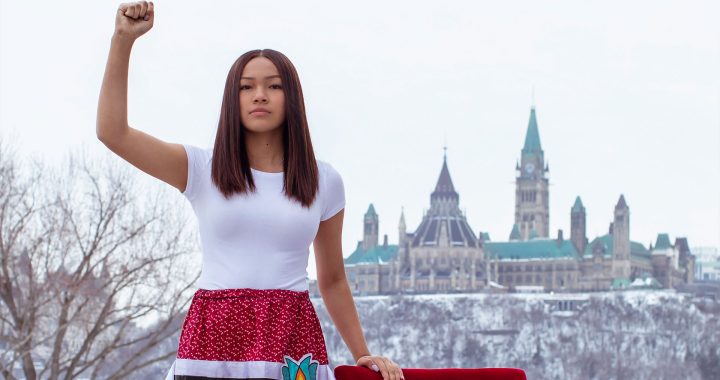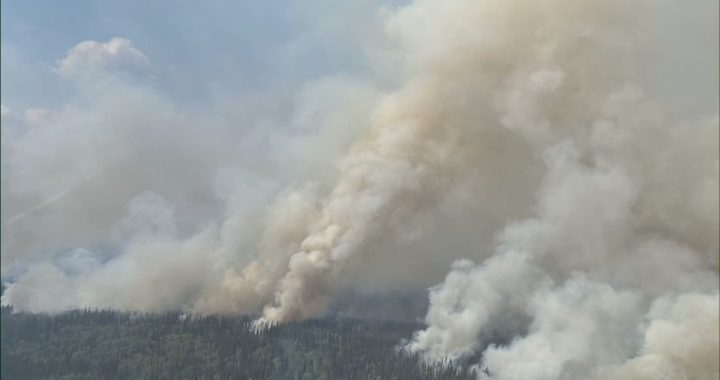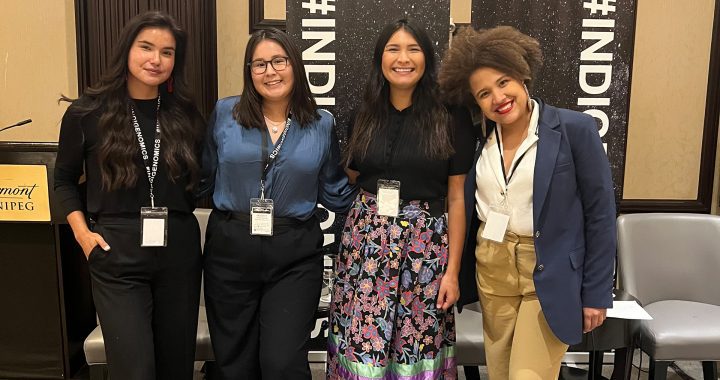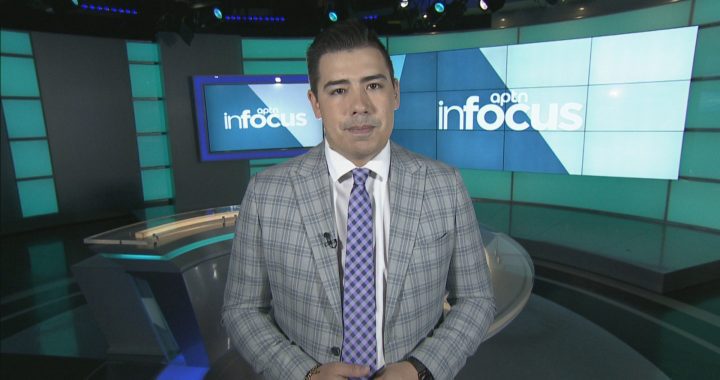Scary, frustrating and challenging are some of the words Indigenous physicians use to describe working in communities as a pandemic grips the world.
Walking between two worlds – one of tradition, the other of western medicine, and knowing health care gaps exist for Indigenous people compared to others, are not easy waters to traverse.
InFocus brought together a panel of doctors doing just that, to share their unique perspective on the situation.
Dr. Veronica McKinney is a family doctor and director of northern health services in northern Saskatchewan where a COVID-19 outbreak has hit LaLoche, six hours north west of Saskatoon. The community has fewer than 3,000 people and the region is predominantly Dene, Cree and Metis.
“We have some of the highest numbers right now,” McKinney said. “We are sort of the epicenter right now of the virus and of the spread. And our numbers are still continuing to go high.”
The far north in that province has 138 active cases as of this posting.
“So it is very scary for our communities for sure, it’s very frustrating on many levels,” McKinney said. “But it’s also very challenging because it has so many new aspects to it and I think what it really does at the end of the day is highlight the gaps we see in our communities that we’ve seen for years. And the fact that we know that our communities are at a higher risk then the general population.”
Dr. Lana Potts is medical director of the Elbow River Healing Lodge at Siksika Nation, an hour east of Calgary which is a COVID-19 hotspot in Alberta.
“It’s almost like it’s lapping at our door and we’re trying to keep it away with prevention. My worry is when it comes over that wall,” Potts said.
Dr. Dan Cutfeet with the ‘Namgis Health Centre in Alert Bay, B.C., near the northern tip of Vancouver Island, is dealing with the tail end of an outbreak that infected 30 people since April and killed one elder.
He credits the community’s response – strict isolating measures – with getting the situation under control but says fears and stress in the tiny community is still “very real.”
Ottawa announced $690 million for First Nations health response to the pandemic which the doctors say was bittersweet.
On one hand any cash is needed but on the other, severe health care shortcomings have existed long before this pandemic hit and they’d pointed these out but their concerns went unaddressed by government after government.
Some of the COVID money has come in handy for equipment they believe, already should have been available.
“The pandemic has highlighted problems that exist but also proven that there is money available,” said Dr James Makokis, a family doctor at Kehewin Cree Nation near Edmonton. “Why did it take a pandemic for some of these resources to be accessed by the community?”
Read More:
First Nations doctors speak out on Canada’s troublesome response to pandemic
The doctors also addressed the touchy issue of ceremony during this time and the use of traditional medicines saying use the medicines you typically use to stay healthy and find new ways to do ceremony. They point out that outbreaks in Lummi and Navajo tribes in the United States include some cases that had been transmitted during ceremony.
In times like this, ceremony too has to change.
Dr. Marlyn Cook is a from Grand Rapids First Nation in northern Manitoba working in Moose Factory in northern Ontario.
Ceremony has been a huge part of how she has coped during the pandemic. She says many in the community have been in the bush picking medicines for weeks for cedar tea and smudges.
“I had a month to reflect, and think and do ceremony. I smoke my pipe every day,” said the Cree physician. “I got to the point where I was able to see that this virus is here to teach us. I see what’s happening to Mother Earth with the decreased travel – there are a lot of positive things happening with the healing of Mother Earth and I think we need to reflect on that this was sent for a reason — for us to reflect.
“If we continue going down that road we were on before COVID-19, we’re going go be in trouble, not just Indigenous people but the whole world.”
The panel agreed a second wave of the virus is likely, with the hastened re-opening of some provinces and regions.






